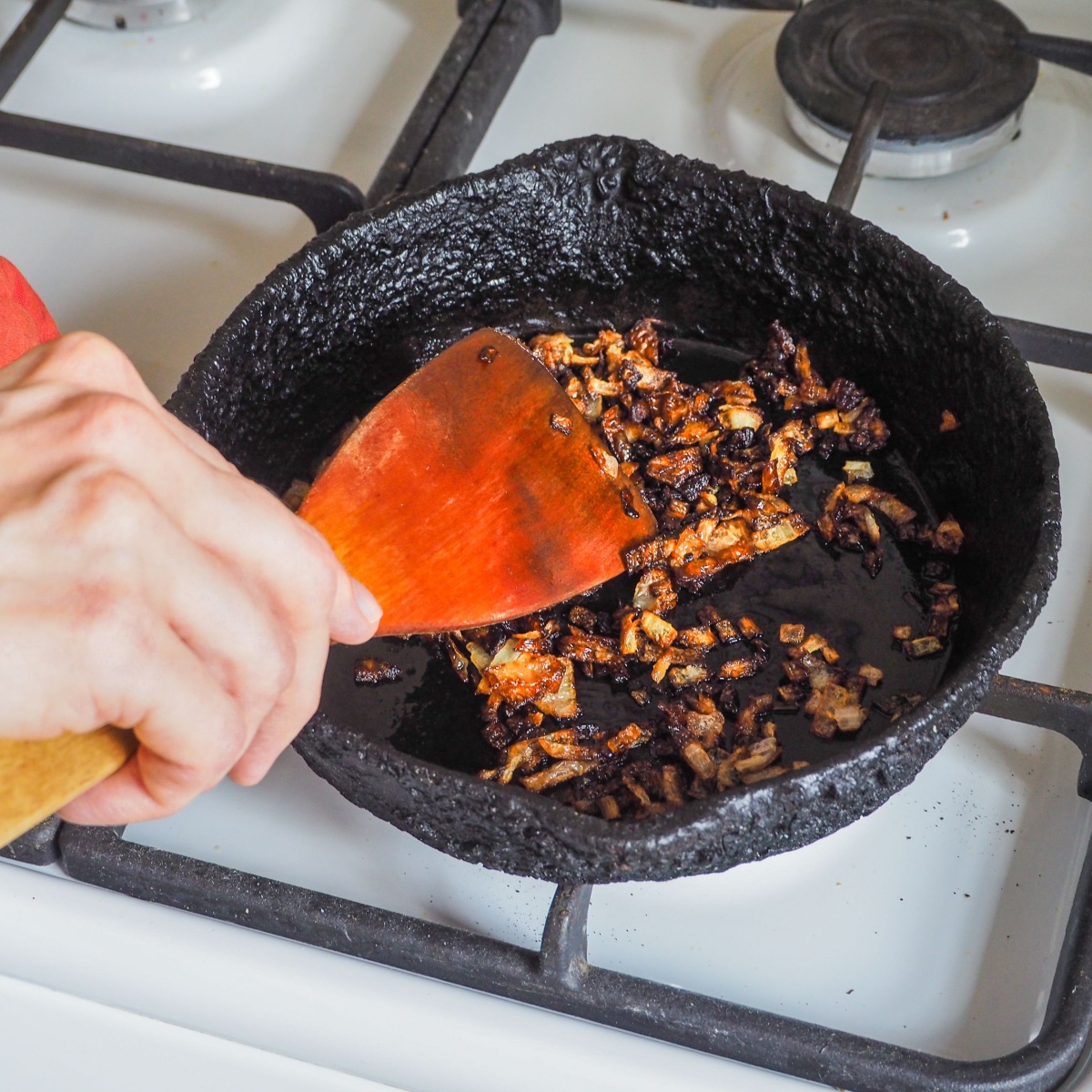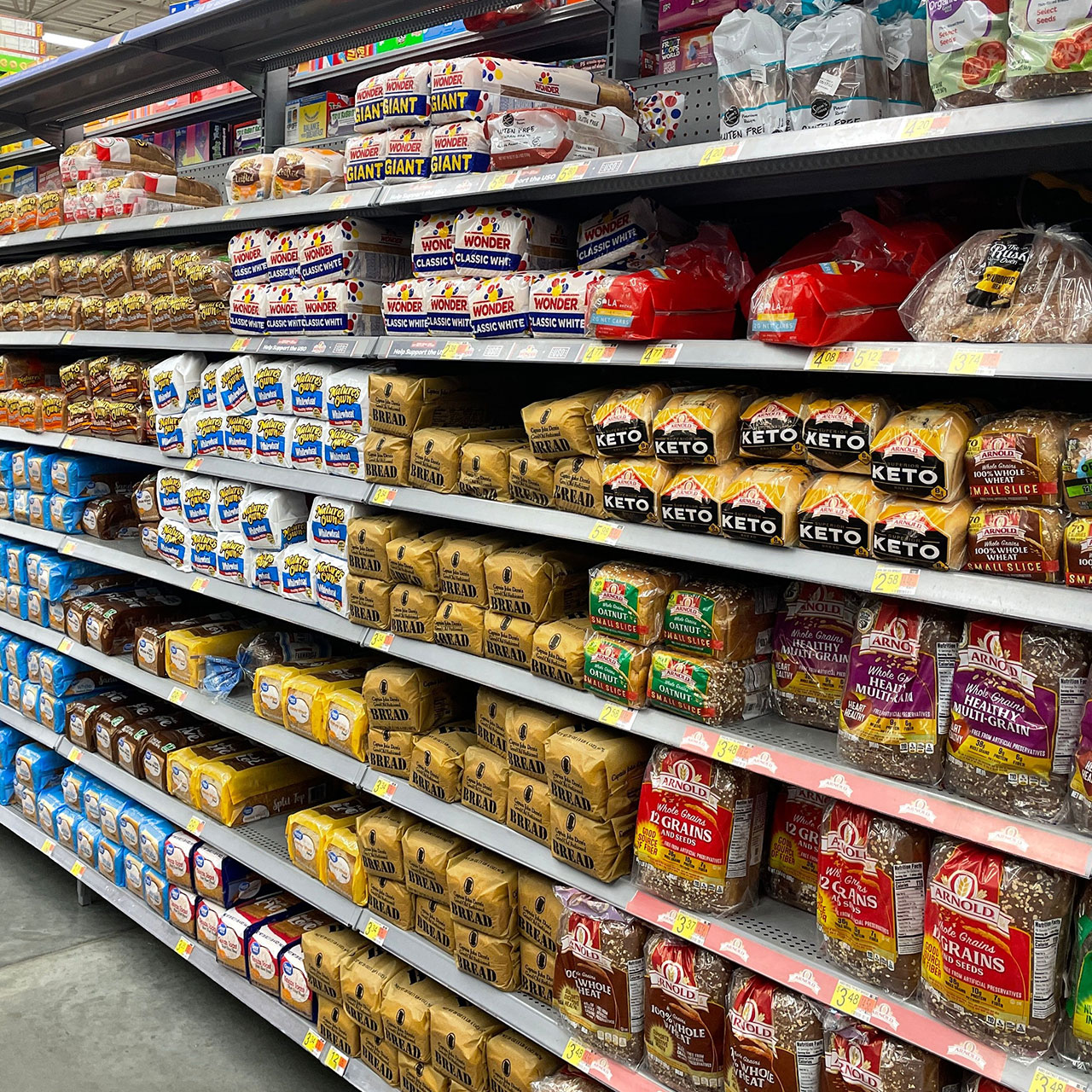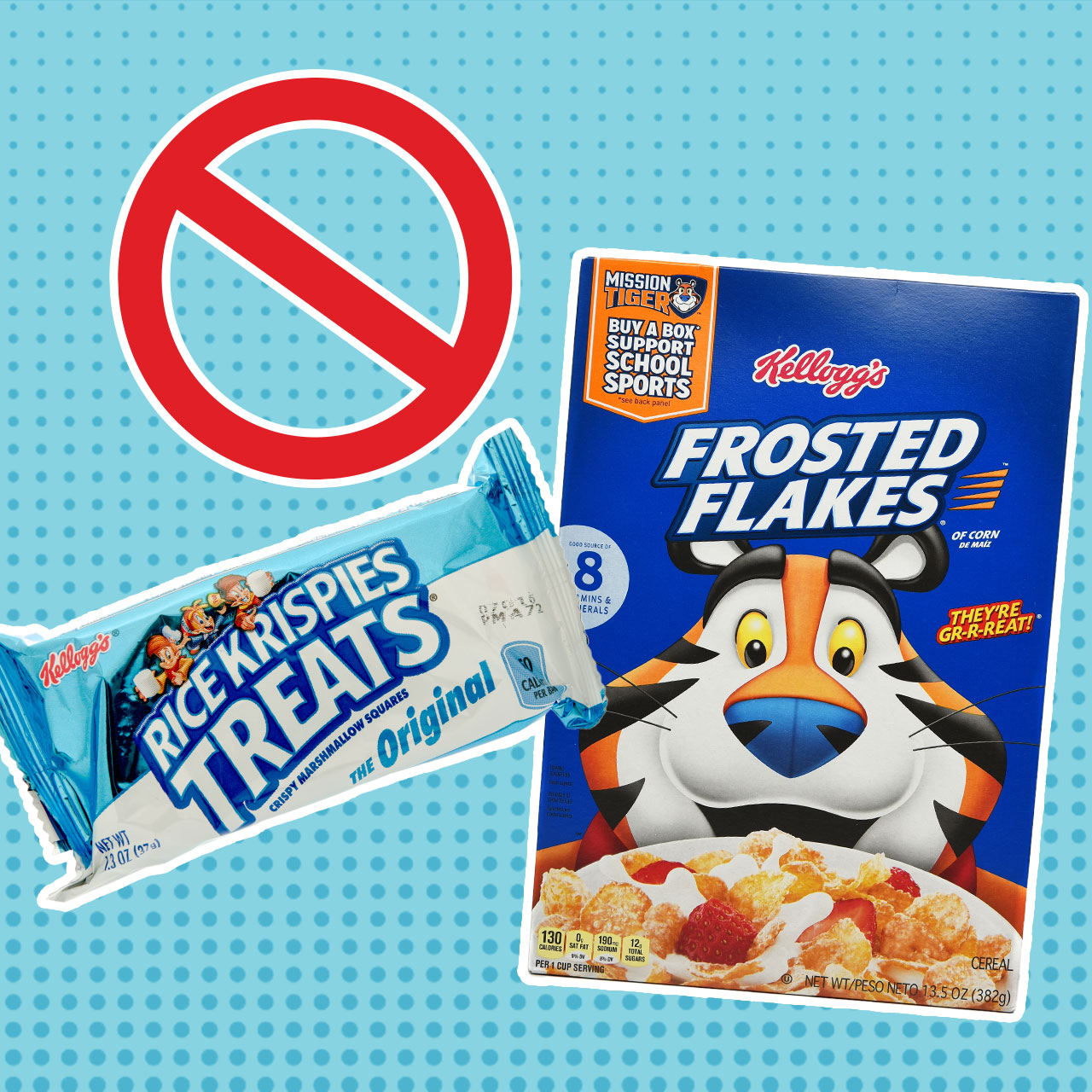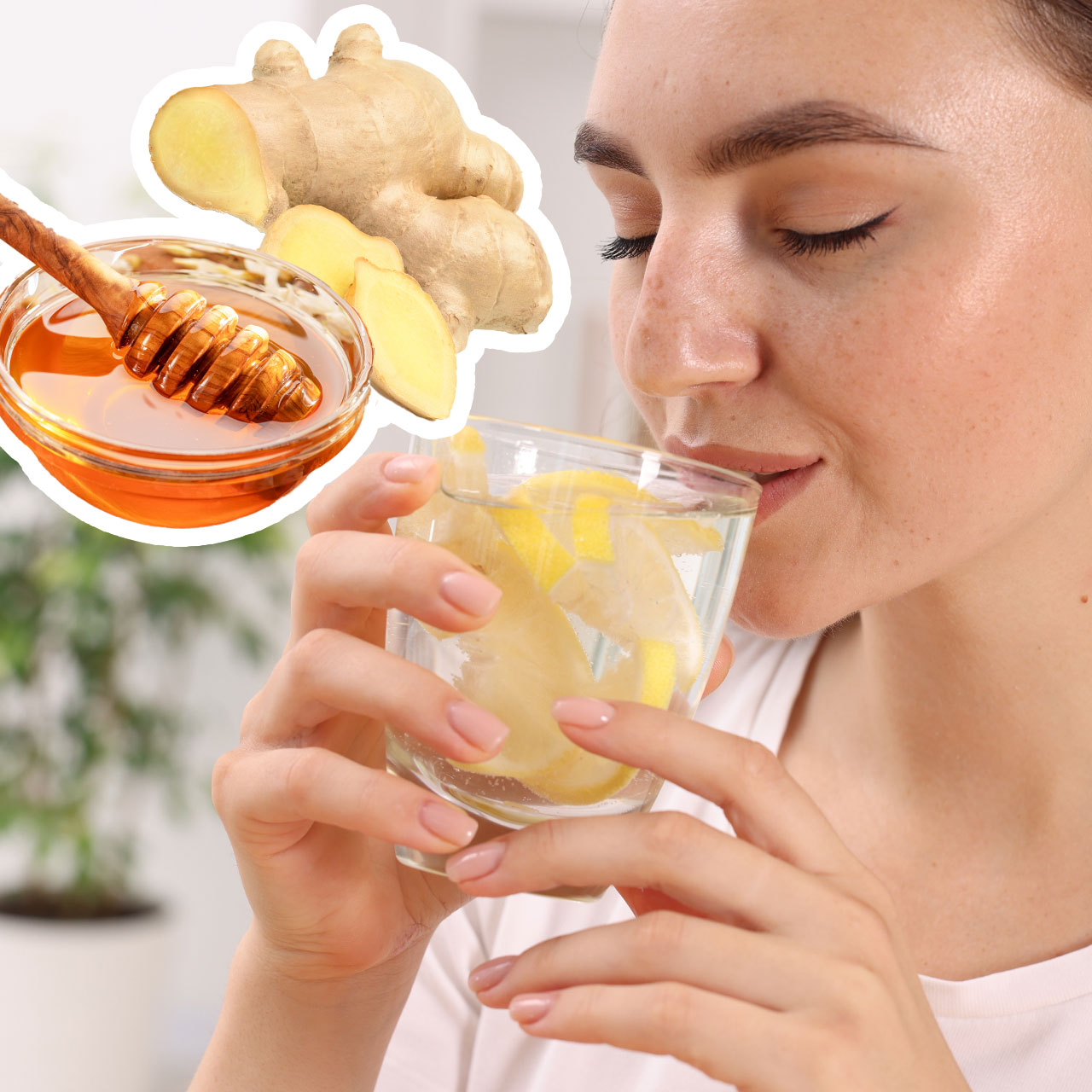Weight loss often hinges on a balanced diet, and cooking at home can be a powerful tool in achieving your goals. However, certain cooking mistakes can unknowingly sabotage your efforts and make weight loss much more difficult. From using too much oil, adding excessive sugar or salt, and relying on processed ingredients can quickly turn a healthy meal into a high-calorie dish.
We checked in with Dr. Amy Lee, a leading expert in weight control, obesity, and nutrition, and Anthony Puopolo, Chief Medical Officer at RexMD, to learn about two common cooking mistakes that can hinder your weight loss efforts. They revealed that overcooking your vegetables and using heavy butter or oils are the ones to watch out for. Read on to find out more.


Overcooking Vegetables
Overcooking vegetables can be a cooking mistake that hinders weight loss efforts because it diminishes their nutritional value and alters their texture, making them less satisfying. When vegetables are overcooked, they lose essential vitamins and minerals, such as vitamin C and B vitamins, which are crucial for maintaining a healthy metabolism and overall well-being.
"The best way to eat vegetables is keeping them a bit on the crunchy and raw side,” Lee. “When you overcook vegetables and they turn into mush, you are also unintentionally breaking down fiber and depleting some of the vitamins as well as cells of the plant getting denatured.”

Heavy Usage Of Butter Or Oils
Heavy use of butter and oils in cooking can significantly hinder your weight loss goals due to their high calorie content. Both butter and oils, even the healthy ones like olive oil, are calorie-dense, containing about 100-120 calories per tablespoon. When used in large quantities, they can quickly add up, turning an otherwise healthy meal into a high-calorie dish.
“Many will make a dietary change, removing fatty foods and carbs from their diet, but will continue to cook in a pan greased with butter or heavy oils,” warns Puopolo.
“This is continuing to introduce large amounts of fats with your foods, even if the foods are not fatty,” he notes.
Olive oil, particularly extra virgin olive oil (EVOO), is considered one of the healthiest oils due to its high content of monounsaturated fats and antioxidants, like polyphenols. These healthy fats can support heart health by reducing inflammation and lowering bad cholesterol levels (LDL) while increasing good cholesterol (HDL). Despite its health benefits, olive oil is still calorie-dense, with about 120 calories per tablespoon. Therefore, it should be used in moderation, even though it's a healthier choice compared to other oils or fats like butter or coconut oil.


























